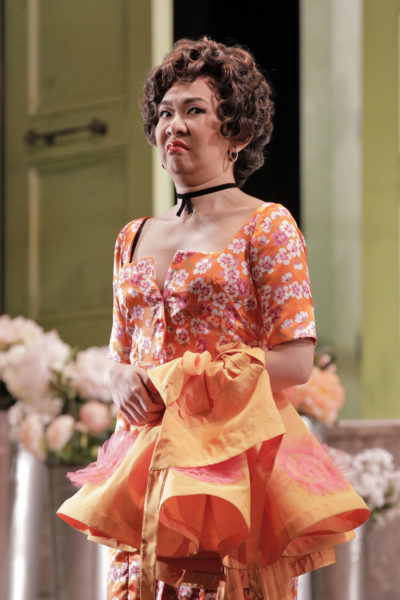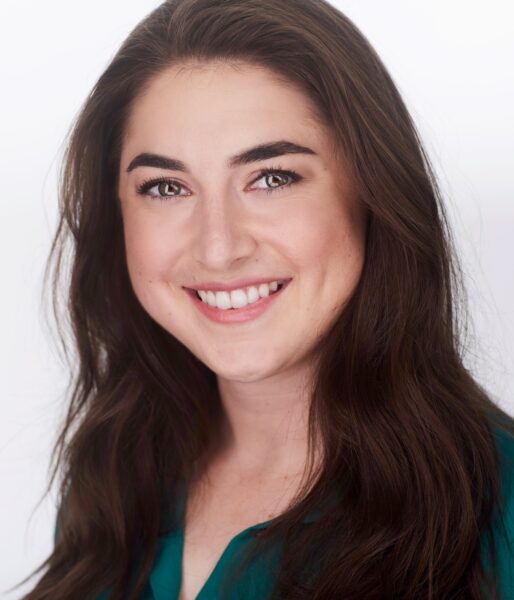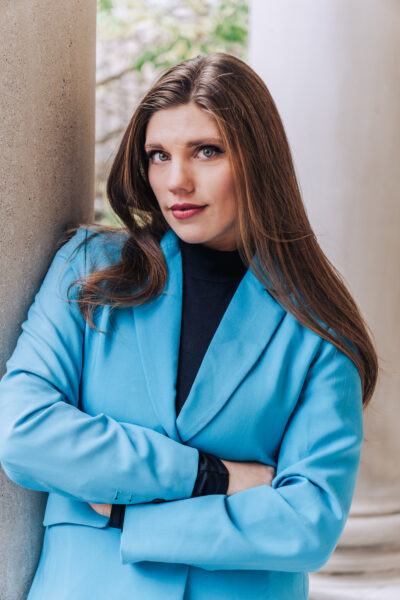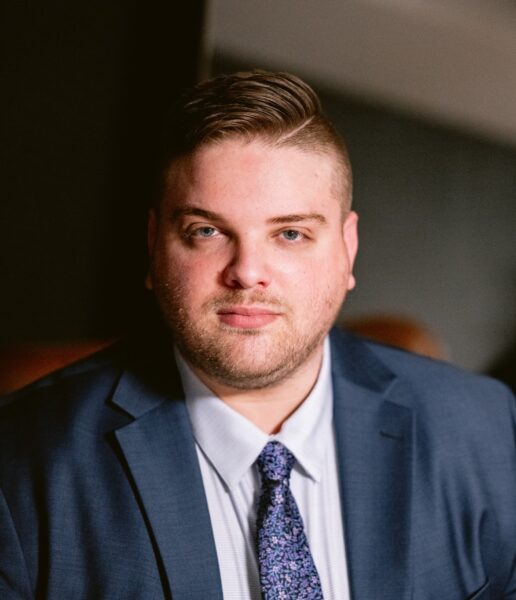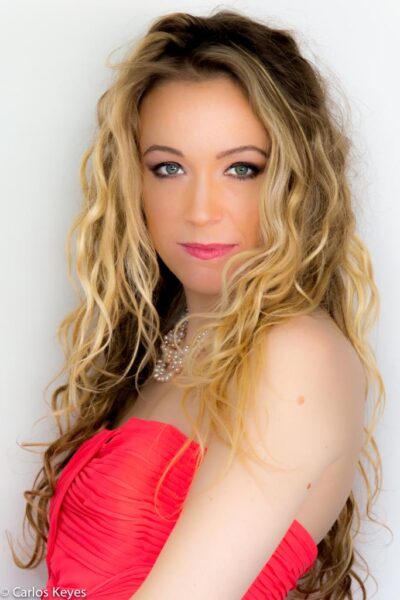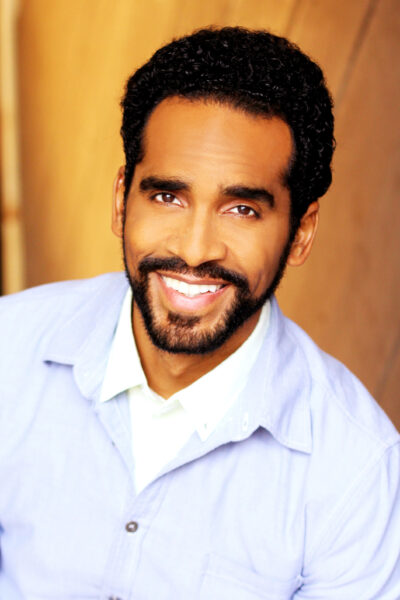When the pandemic hit, the schedule of Helen Zhibing Huang stopped. That happened to all of opera.
Unlike her peers, she began to feel a hint of blame for starting it. Sometimes, on the rare days she left the house in Richmond, Va. wearing a mask, strangers instinctively cleared a path for her. Her Asian friends were being attacked on Facebook.
“It was kind of like, ‘You have to be careful, there’s an Asian girl on the street,’” Huang said.
The president of the United States was calling COVID-19 the “Chinese virus.”
The soprano was scheduled to perform at Glimmerglass this summer, but that is on hold. She is at a critical point in her young career, having cycled through a series of young artist programs, where she impressed audiences and critics with a fulsome sound and exquisite phrasing and interpretation.
While relations between the United States and her native China remain luke-cold, the new schism hurt her. She wanted to do something about it.
She was born in Beijing, the only child of a microbiologist mother and an economist father. At 12, her mother got a job at Virginia Commonwealth University, and Huang found herself in a completely different country.
Her only piece of home was music, so she signed up for choir her first semester in middle school, the first class of the day. She walked in and looked around, at the piano and the faces of her classmates.
“Someone asked if I wanted to sit down, and I literally had no idea what they were saying,” she recalled. “They were just gesturing for about 10 minutes to me.”
By high school she was performing in plays and musicals. She also started taking voice lessons, her mother’s idea.
“She said, ‘Hey, check this out and see what happens.’”
Her passion for music grew, but so did her desire to achieve academically. “I was a huge math and science person and I wasn’t ready to give that up,” she said.
She enrolled in the dual degree program at University of Rochester and Eastman School of Music studying Economics and Vocal Performance.
She got an internship with an accounting firm during one of her summer recesses from college. In the evenings, she attended the opera as much as possible. And as she watched, something happened.
“I thought, ‘Oh, my gosh, I want to be on stage doing that.’”
And even though she remembers the internship as fun, she said, “I realized that this job was not for me, to be alone in a cubicle.”
Post-graduate degrees in Vocal Performance at Bard College Conservatory and New England Conservatory, along with Young Artist residencies at Portland Opera and Nashville Opera opened the door to the world she inhabits now.
Then came the pandemic, and all of this strangeness.
“I don’t like to be too political,” she said, “but when the president of the United States encourages people to blame China — even using the phrase, ‘Chinese virus’ — that affects people.”
She wanted to somehow counteract that cultural contagion. So she began posting videos on social media, herself singing Chinese folk songs. People liked them, and that led to her collaboration with the Aural Compass Projects.
The initiative showcases people across races and cultures, opening a window. Huang collaborated with Aural Projects co-founder Michael Lewis, who agreed to produce her contribution celebrating Chinese culture, Wear Yellow Proudly.
“Being called yellow is not necessarily a good thing, at least in this country in terms of being an Asian,” she said. “We kind of wanted to take the word back, reclaim it.”
The first installments are on various social media platforms, featuring Huang singing Spring Nostalgia with Lewis at the piano. The composer, Huang Tzu, left China a century earlier as a child to study in the United States. It is one of the reasons she identifies with him.
She captivates from the first notes of the first segment, Three Wishes of a Rose, her voice rich and full of understated power.
I wish the wind and rain would not hit me
I wish admiring travelers would not pick me
I wish my beauty would never fade
Those two minutes offer a chill-inducing glimpse of a voice all but hidden from the world stage. But not for much longer.
